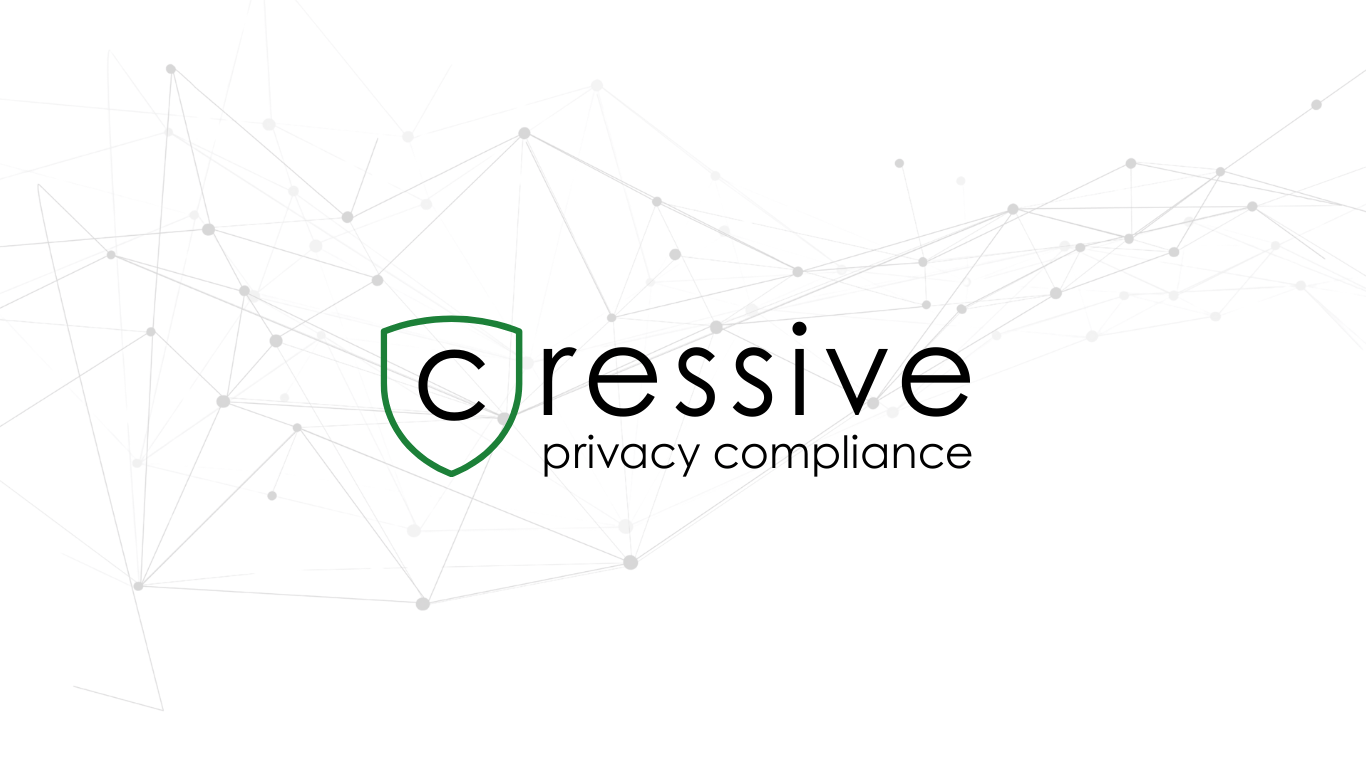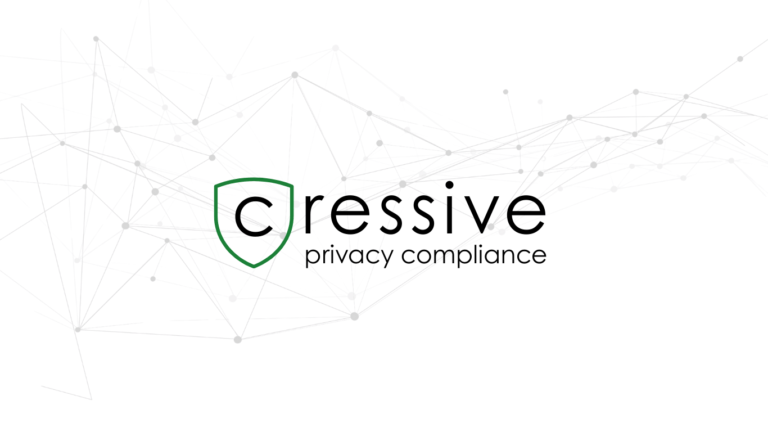Why Agencies Struggle with Client Privacy Compliance
How current compliance tools create hinder marketing, dev and governance agency work
Here’s the thing about agencies and privacy compliance – they don’t mix.
- Web development agencies like Huble, KOTA, Avidly deliver websites that seem compliant, then get blamed months later when clients discover violations.
- Marketing agencies such as Zenith, Bird, Hallum launch campaigns for clients, not knowing they’re creating GDPR risks that could surface during the next audit.
- Governance and Web Audit agencies like Deloitte, Cognizant conduct website audits, but don’t cover GDPR privacy compliance as it considered a legal, rather than technical service.
The truth is – privacy compliance tools weren’t built for agency operations.
(btw if you need a fast intro to privacy compliance, this quick read will help.)
They expect you to manually configure scanning for each client/site, provide violation reports without explaining how to actually fix things, and miss violations anyway. On the other hand, clients expect agencies to “handle the privacy stuff” but don’t want to pay for the time it actually takes using conventional tooling.
Below we explain how Cressive Privacy Compliance helps digital agencies efficiently implement privacy compliance workflows their clients need.
1. Digital Audit Agencies: don’t cover privacy compliance
Agencies like Deloitte, Cognizant and many others conduct site launch assessments and periodic reviews that cover multiple criteria: brand assets, accessibility, SEO optimization, technical performance and security. Compliance to applicable privacy law like GDPR, CCPA, PIPEDA, etc. is not included in these audits.
It’s like getting the AC checked for a vehicle that doesn’t have an MOT.
✗ Privacy compliance tools fail agencies and their clients
But agencies can’t be blamed for this gap – it is existing privacy compliance tooling that fails to deliver the speed and scale agencies and their client marketing teams need. Some of the main problems are:
- Extensive manual setup: Require detailed configuration for each client site before scanning can begin
- Time-intensive classification: Need human review for violation categorization, slowing assessment timelines
- Incomplete coverage: Miss network-level violations and advanced tracking techniques despite configuration effort
- Limited batch processing: Can’t efficiently assess multiple client sites with similar evaluation criteria
Its no wonder agencies explicitly exclude privacy compliance in their audit services.
✔ Cressive Privacy Compliance enables fast audits, at scale

Assessment-focused privacy compliance that integrates with site evaluation workflows:
- Minimal configuration setup: Start comprehensive privacy scanning without any pre-configuration
- Automated classification: AI-powered violation categorization reduces manual review requirements
- Batch assessment capabilities: Efficiently evaluate privacy compliance across multiple client sites, locations, privacy law regimes, reporting into client-wise portfolios
2. Marketing Agencies: unintentionally induce GDPR violations
Marketing agencies like Zenith, Bird, Hallum and others regularly add campaigns, tracking pixels, and attribution tools to client websites. Many agencies either don’t use privacy compliance scanning tools or use tools that miss network request violations. This creates two problematic scenarios:
- Scenario 1: Violations run undetected for months, collecting non-compliant data across multiple campaigns before discovery.
- Scenario 2: For clients with own privacy teams (who need to painstakingly update their scanning systems), violations get caught early, requiring campaign shutdowns or modifications that disrupt live marketing efforts.
✗ Most Privacy Compliance tools actually impede marketing agencies
- Tedious Pre-configuration: Most privacy tools require substantial pre-configuration to work properly. Agencies don’t have the time, nor the privacy expertise to do this work for each client.
- Detection gaps: Traditional tools miss pixel fires, API calls, and data transmission that create privacy violations, despite timely scanning
- Campaign context gaps: Don’t understand difference between essential tracking and marketing attribution
- Delayed detection: Weekly or monthly scans miss real-time campaign deployments
✔ Cressive Privacy Compliance helps marketing agencies succeed

Our super-smart Privacy Compliance agent, Cressive AI, understands both digital marketing and privacy law. It helps automate the entire privacy compliance process for our clients and agencies.
- Pre-deployment scanning: Analyse privacy compliance impact before go-live
- Complete tracking detection: Network requests, pixels, API calls, and data transmission patterns that traditional tools miss
- Marketing platform integration: Understand tracking implementations across Google Ads, Facebook, LinkedIn, and other campaign platforms
- Campaign-specific guidance: Remediation guidance based on Martech being used.
3. Web dev/design agencies: struggle with privacy repairs
Web development agencies like Huble receive privacy compliance reports from clients showing violations like:
- “Adobe Analytics cookie: NON-COMPLIANT”
- “Facebook pixel: VIOLATION”
- “Third-party cookies detected: 15”
Clients expect these issues fixed, but the reports don’t provide actionable remediation steps. Web developers typically focus on building websites rather than privacy compliance. They need specific technical guidance:
- Which cookies can be removed without breaking site functionality?
- How should consent management be configured for specific marketing tools?
- What’s the priority order for fixing violations?
✗ Flagging (some) violations is easy. Enabling repairs is hard
Most tools flag violations with cookies other tracking technologies (with limitations). What they don’t do is to tell developers how to fix them.
Why? – because its very hard. That’s why reports produced by these tools aren’t of much use to developers:
- Violation identification only: Flag issues without explaining how to fix them technically
- No prioritization: All violations may appear equally important, overwhelming development resources
- Platform limitations: Don’t account for specific CMS, e-commerce platform, or marketing tool requirements
✔ Cressive Privacy Compliance makes remediation easy for developers
Developer-focused remediation guidance that connects privacy compliance and technical implementation:
- Prioritized fix lists: High-impact violations first
- Technical implementation steps: Specific changes, configuration adjustments, and platform settings for each violation type
- Platform-specific guidance: Different approaches for WordPress, Shopify, custom applications, and various CMS platforms
Integrate Privacy Compliance into Agency Operations
In summary, privacy compliance affects different aspects of agency work: developing client websites, running marketing campaigns, and conducting site assessments. The results, however, are the same – client dissatisfaction leading to relationship strain and potentially lost business for the agency.
The solution lies in using tools like Cressive Privacy Compliance in your services workflows.




